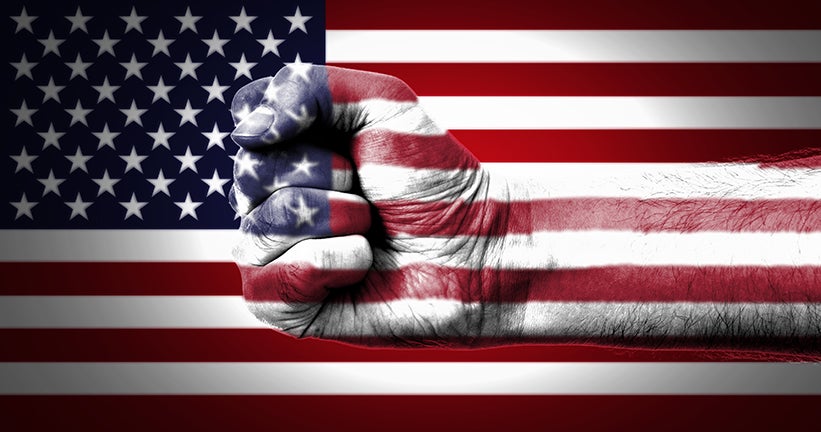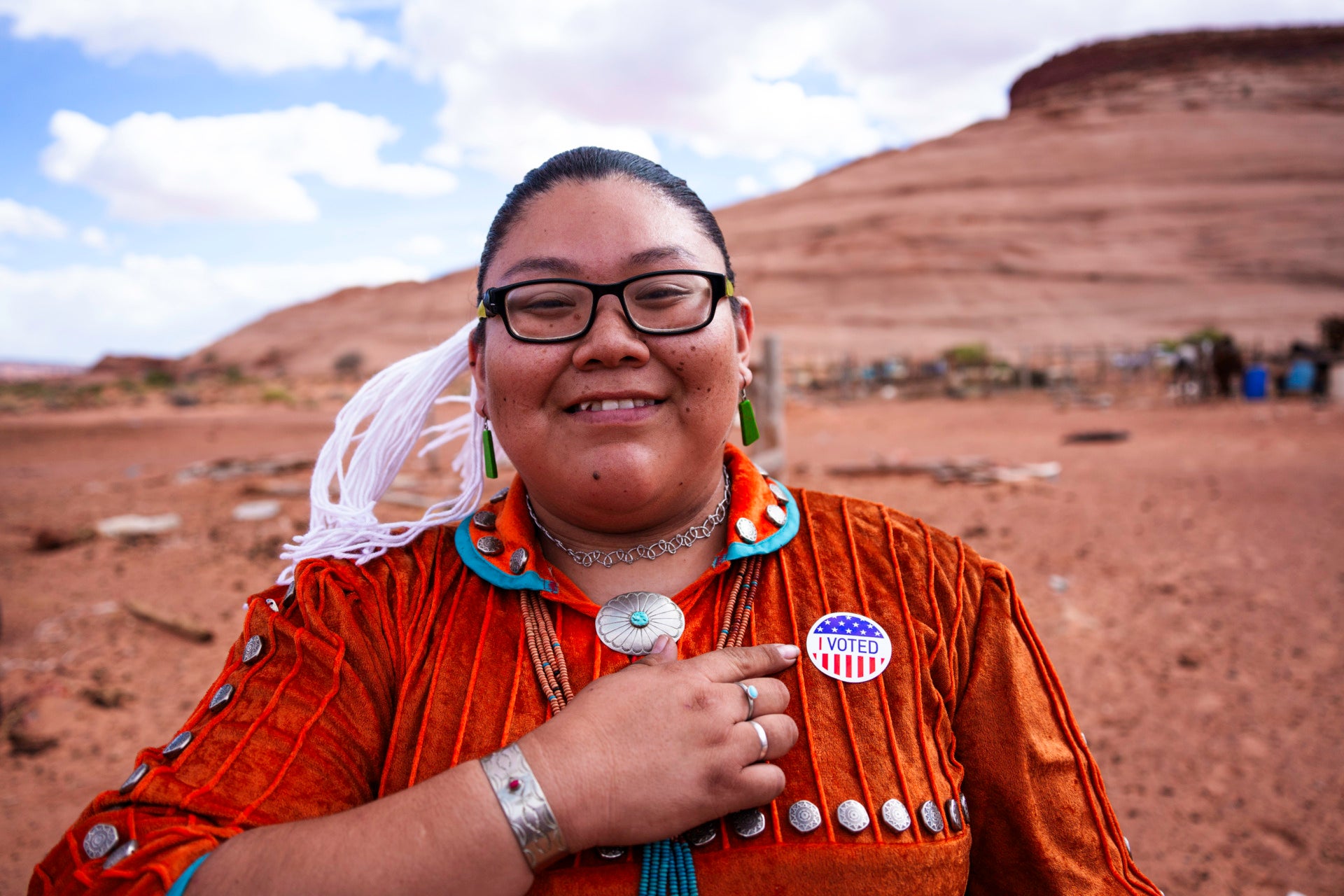Good arguments are crucial to a healthy American civic life. They provide a means to reckon with difference and sometimes to forge joint solutions. We’re a pluralistic, democratic society — one that encompasses people from all backgrounds and walks of life — and we do not want to embrace only one point of view or approach to making the world a better place. We actually desire thoughtful debate expressed through different viewpoints because a thriving democracy needs good arguments.
Look back: Much of our best historical thinking and writing involves forming strong arguments or interpretations based on core concepts in history. Our view of rights and responsibilities plays out in arguments from the Founding Fathers to contemporary jurists and citizens. What ought to be the individual’s right compared to the polity? Who gets to make decisions about my health care? How were past situations similar to the present day? No such questions can simply be answered; we should passionately argue over what’s on our minds and gratefully listen to other perspectives.
In Facing History classrooms, students learn that democracy, among the most fragile of human enterprises, is always a work in progress and can only remain vital through the active, thoughtful, and responsible participation of its citizens. Its ideals of freedom, equality, and justice require constant vigilance and sustenance. Good arguments provide an essential measure of both. We trust our students to take our core American values and put them to the test with the vigor that comes from experiencing the debates anew. This applies to arguments as old as the Republic itself and to contemporary debates.
There are moments in our history when our ideals have been assaulted by our own hand and democracy was put at risk: the Civil War and, in its aftermath, the failure of American Reconstruction to ensure racial equality; the period of Japanese-American internment during World War II. Today, the breakdown of civil discourse and our inability to conduct productive dialogue across difference point to another potential crisis. Yelling more loudly won’t convince anyone, nor will it help our views be better understood. Instead we need to find every opportunity we can to learn from history. How can we prevent these fissures from dissolving into terrible arguments and instead build up better ones?
The Better Arguments Project, a partnership between Facing History, the Aspen Institute Citizenship and American Identity Program, and The Allstate Corporation, is a new national civic initiative created to teach Americans how to avoid papering over their differences and instead argue better. It uses historical context, emotional intelligence, and an honest reckoning with the imbalances of power; proving that a good argument can get us closer to understanding and sometimes even to agreement, rather than driving us further apart.
For six months, the Better Arguments team traveled the country to gather input from individuals representing a wide range of backgrounds, ideologies, ages, and experiences, on what constitutes a Better Argument and what value our project can bring to bear. A summary of these findings was published in this report. Now, we will partner with communities around the country to bring together groups of people with dissenting viewpoints to argue through pressing issues faced by their vastly different communities and by much of our nation both historically and today. With these partners, we will pilot a series of Better Arguments processes that help us to generate classroom tools and models for building a movement of Better Arguments across the country.
To follow the Better Arguments Project’s progress and get involved in our next steps, sign up and we will keep you up to date.
Roger Brooks is the president and CEO of Facing History and Ourselves.


